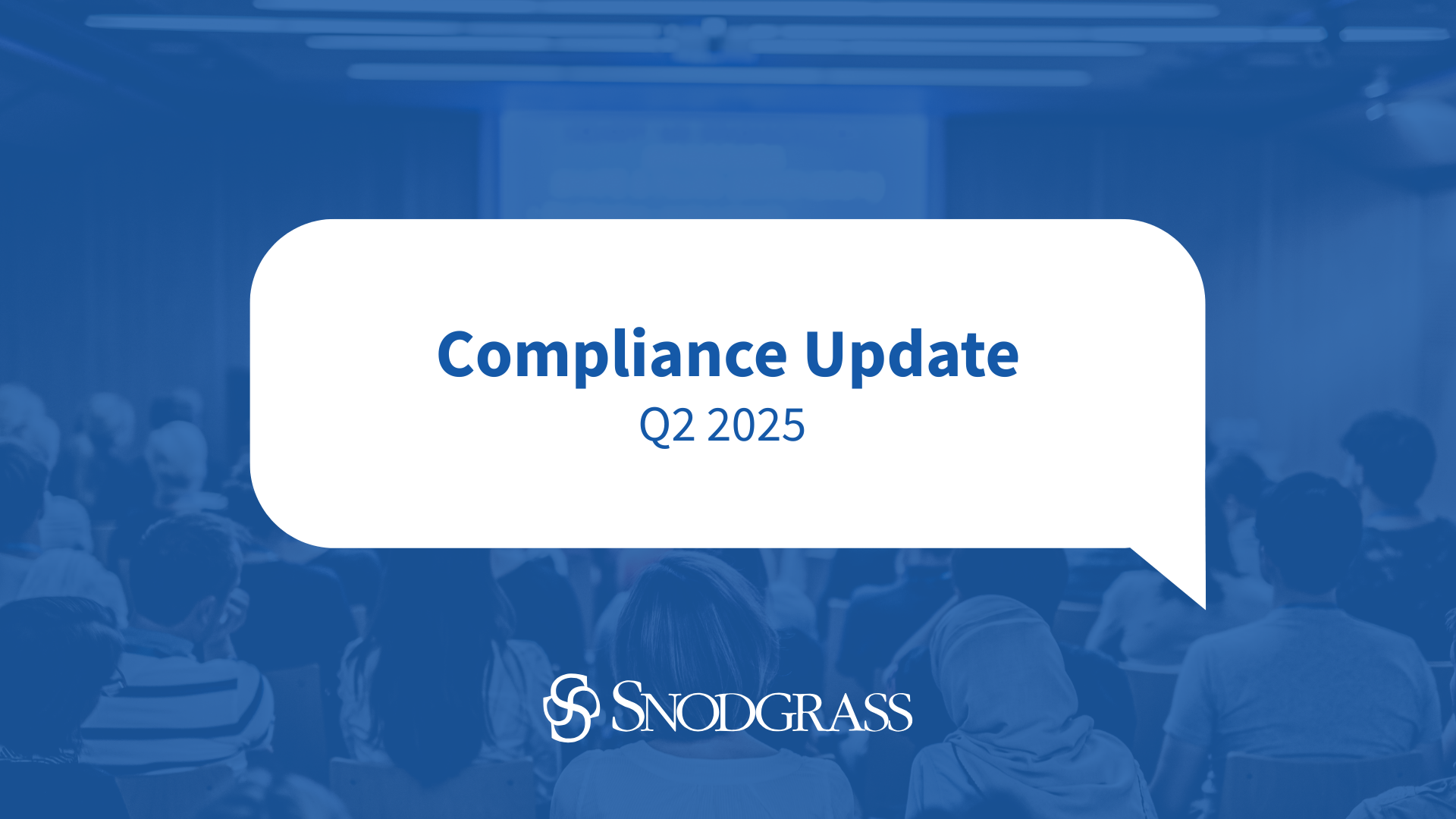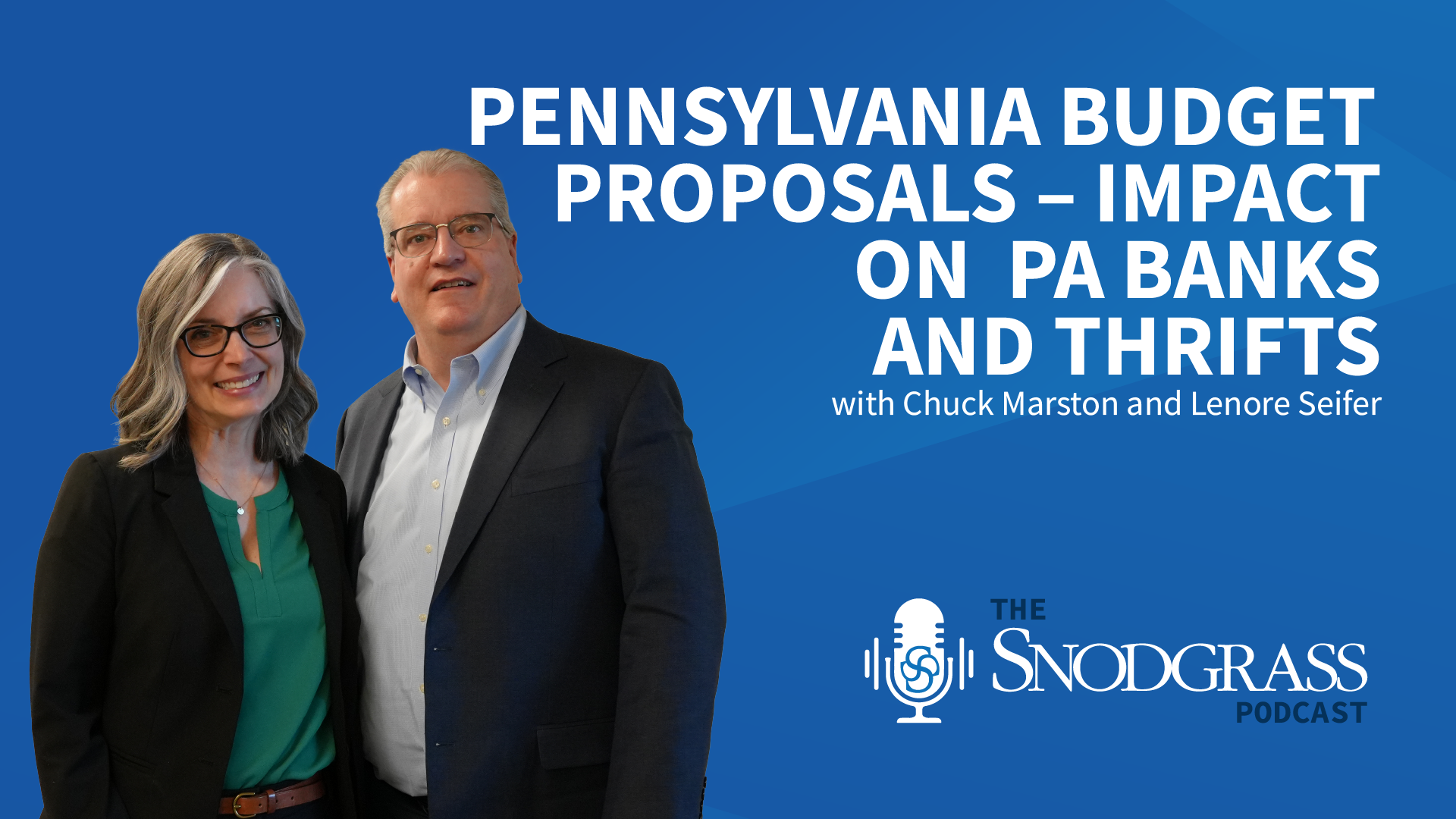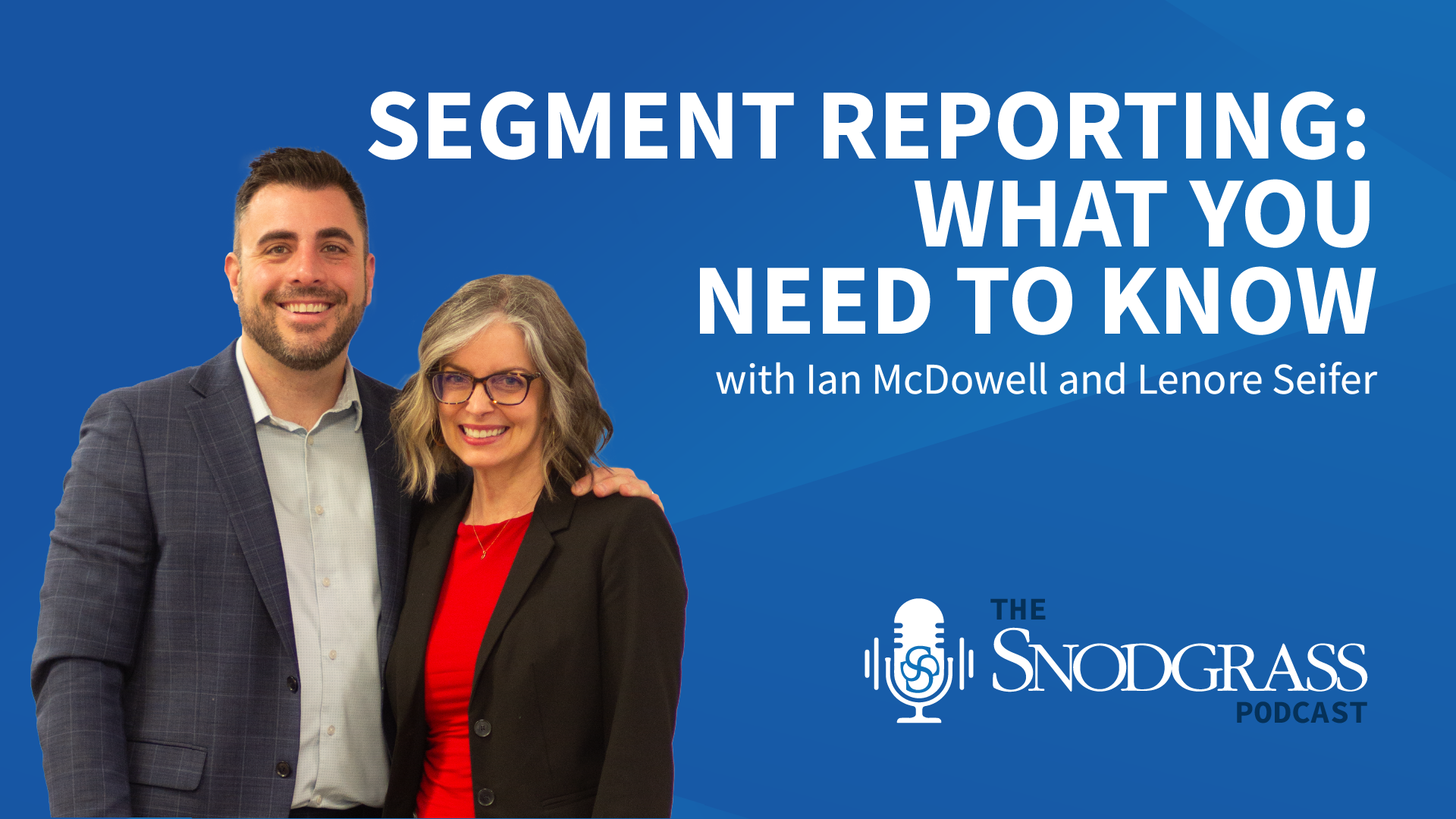Have you thanked your Compliance Officer lately? That person’s hands have been full with the recent, numerous regulatory changes—and more are on the way! Here’s a review of some of these changes and how you may want to respond.
Recent changes
- Availability of Funds, Regulation CC, effective February 27, 2010. Because all check-processing operations were moved to the Cleveland office, non- local checks have been
The change required institutions to update the funds availability policy, send a change notice to existing customers, update any signage that appears in the office lobby, and update the processing system to modify when holds are placed electronically. As long as you have staff trained on this new requirement, compliance should be easier, since employees no longer need to worry about the difference in hold timeframes for local and non-local checks. In general, the longest check hold is now seven business days following the banking day of deposit.
Recommendation: Verify that all retail personnel have been made aware of the changes. Make sure all signage has been updated.
- Real Estate Settlement Procedures Act (RESPA) in regards to the Good Faith Estimate (GFE) and HUD-1 Settlement Statement, effective January 1, Some highlights:
- Bank-related charges are placed on one line of the GFE (Box 1) and one line of the HUD (801). Your bank systems should have been adjusted to separate finance charges out of this box for the Truth in Lending
- All title-related charges are placed in Box 4 or 5 of the GFE and the 1100 section of the HUD. Remember line 5, is used for owner’s title insurance on all purchase transactions.
- Another page was added to the GFE to list the choices available to customers for providers of settlement The more settlement service providers listed, the more difficult it may be to keep within the 10 percent dollar tolerance between costs on the GFE and HUD-1. It is a good idea to keep the list as short as possible. If the customer chooses a provider not included on the list, there is no dollar tolerance for the difference in costs.
- Many banks have HUDs prepared by a third party, such as an Ultimately, these disclosures are the responsibility of your institution. If the HUD-1 is wrong, you have 30 days to cure the errors and make any necessary reimbursement, if necessary, to avoid regulatory violations and possible penalties.
- Decide upfront if you will do the appraisal in- house or through a third-party In-house appraisals are in Block 1 and outside appraisals are in Block 3. One you’ve issued the GFE, do not change from an outside appraisal to an in-house appraisal, since Block 1 is a zero tolerance. If you make this error, you may have to reimburse after closing.
- Real estate taxes are no longer included on the GFE.
- It is not a good idea to issue a GFE without all six pieces of information that make up an These include: borrower‘s name, borrower‘s monthly income, borrower‘s social security number, property address, estimate of the value of the property and mortgage loan amount sought. Information received after a GFE is issued will not constitute a changed circumstance which allows you to revise the GFE if fees have changed.
Recommendation: Put a review process in place before or shortly after closing, to uncover potential regulatory violation. If you must reissue a GFE due to a changed circumstance, make sure the changes are documented.
- Truth in Savings, Regulation DD effective January 1, 2010. Aggregate fees must be disclosed on periodic statements. This not only applies to institutions that promote overdraft protection programs, it now applies to all institutions. The new regulation also includes two options for balance disclosure at ATMs: the actual balance and the balance available under the overdraft protection program. If you do choose to disclose the overdraft protection balance, you must prominently state that the balance includes the additional amount of the overdraft and, if applicable, that additional amounts are not available for all transactions.
Recommendation: Review statements and ATM receipts to ensure the changes were made.
- Truth in Lending, Regulation Z regarding Higher Education Loans, effective February 14, 2010. If your institution offers post-secondary education expense loans, you must provide disclosures at application, approval and closing, and the borrower must complete a self-certification form. These disclosures cover interest rates, fees, late payments, repayment terms, eligibility requirements, alternative products, right to cancel, etc.. Loans subject to the regulation do not include open-end credit or real estate-secured loans. Some institutions may be in violation because they are not aware that borrowers are using loans for educational purposes.
Recommendation: Include a question on your loan applications asking whether the loan is for higher- education expenses.
- Truth in Lending, Regulation Z regarding escrow, effective April 1, 2010. Property taxes, homeowners’ insurance premiums, credit life premiums, and other mortgage related insurance for all Higher-Priced Mortgage Loans (HPML) must be escrowed. Only the customer can cancel escrow with a dated, written request received by the lender no earlier than one year after closing.
Recommendation: All lending personnel should know the definition of a HPML. Failure to escrow is a violation.
Upcoming changes
- Electronic Funds Transfer, Regulation E, regarding Overdraft Protection, effective July 1, 2010. A new customer must opt in, or affirmatively consent, to the institution’s overdraft service before overdraft fees may be assessed on ATM and one- time debit card transactions. The rule is effective August 15, 2010, for existing accounts. If you choose to charge for these overdrafts, the opt-in must be provided at account opening and sent to existing customers. Model Form A-9, included in the regulation, allows no changes to this form except to remove the line that reads, “I do not want Bank to authorize and pay overdrafts on my ATM and everyday card transactions.”
Recommendation: If you do not charge overdraft fees when an account is overdrawn for ATM or one- time debits, then you will not need to provide any notices.
- Privacy –There is now a model privacy form that is easier for consumers to comprehend. In April 2010, federal regulators released an Online Form Builder with easy-to-follow instructions, available at http://www.federalreserve.gov/bankinforeg/ privacy_notice_instructions.pdf. Institutions that choose to provide the model privacy form to customers will be deemed in compliance with the privacy provisions of the Gramm-Leach-Bliley Act (GLBA). You can also use the sample clauses in the Appendix to Part 332 of the FDIC’s Rules and Regulations to be in compliance with the privacy provisions of GLBA until January 1, 2011.
Recommendation: Switch to the new model privacy notice form, to ensure compliance safe harbor.
- Fair and Accurate Credit Transactions Act of 2003, in regards to risk-based pricing, effective January 1, If you offer credit to a consumer on less favorable terms based on the consumer’s credit report, these rules generally require you to provide a “risk-based pricing” notice to the applicant prior to closing. Applicants at the same address can receive one notice. No notice is necessary for business credit. Consumers who receive a risk-based pricing notice will be able to obtain a free credit report from a consumer reporting agency to check the accuracy of the report.
Recommendation: Banks should determine whether or not they have loans with less than favorable terms. If so, be prepared to provide another notice in 2011.
As if these changes weren’t sufficient, these are likely only the beginning. We are currently awaiting combined loan disclosures that have been developed jointly by the Federal Reserve and HUD, which will further affect Truth in Lending and RESPA disclosures. The Federal Reserve may also consider changes to the new escrow requirements to provide some relief for small financial institutions. Certainly reason enough to thank your Compliance Officer.



